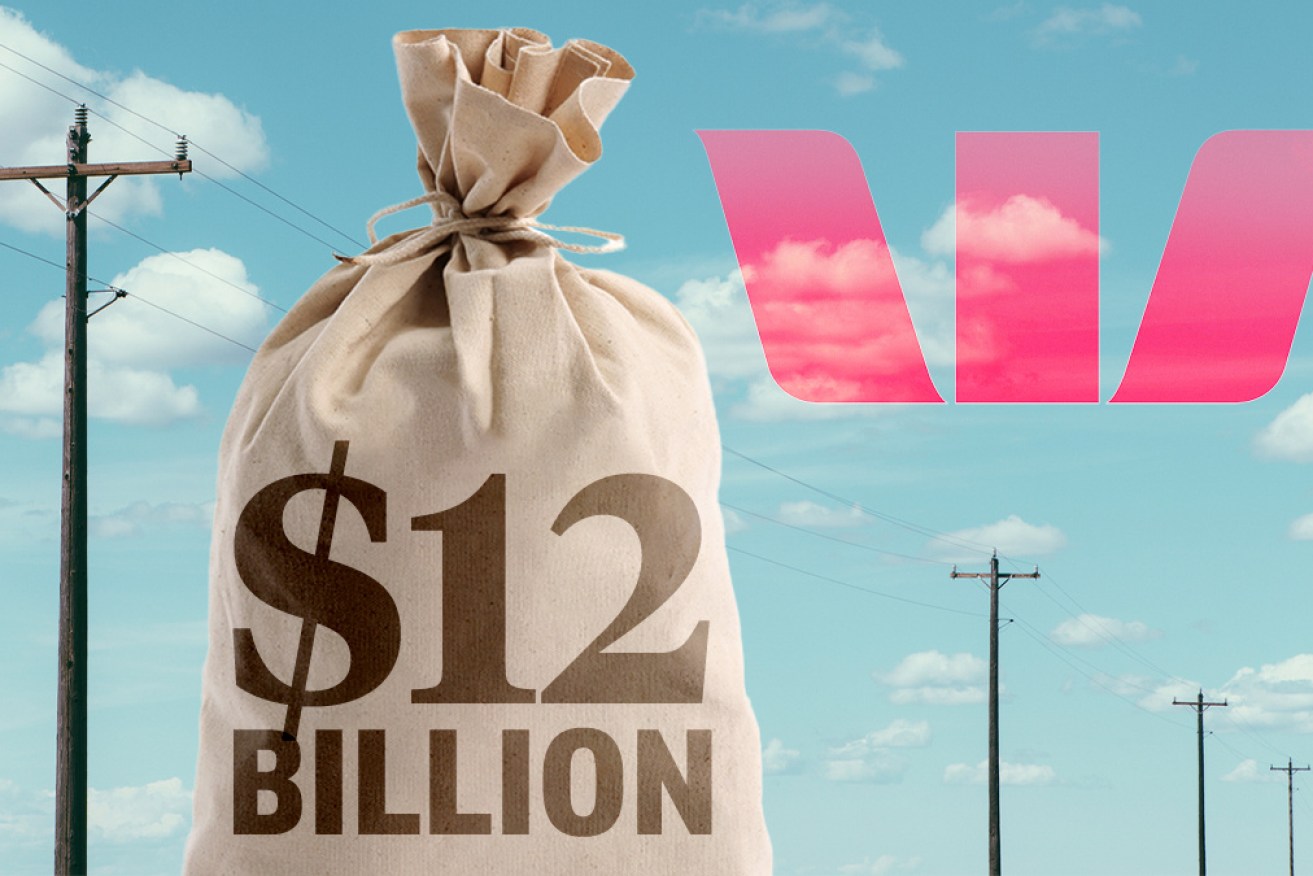Westpac woe as insider trading charge threatens to spill over


ASIC's action against Westpac could open a $12 billion can of worms. Photo: TND
Westpac faces the prospect of massive penalties and cascading legal actions after regulator ASIC launched insider trading proceedings against the bank over a $12 billion power deal.
ASIC says Westpac took advantage of inside knowledge in October 2016 to profit on a $12 billion funding package it provided to AustralianSuper and IFM Investors – an umbrella group investing for industry super funds – after the consortium had agreed 90 minutes earlier to buy electricity provider Ausgrid from the NSW government.
The deal saw Westpac carry out $12 billion worth of swaps transactions, which turned floating-rate debt into fixed-rate debt (like a fixed-rate mortgage) to reduce the risk to the super funds buying Ausgrid.
What Westpac allegedly did wrong
ASIC says Westpac knew, or thought it knew, on the morning of the deal that it would be appointed by the super funds to make the swaps transactions.
The regulator alleges that Westpac traders took steps to profit from this knowledge.
“When the market opened at 8.30am, whilst in possession of the alleged inside information, Westpac’s traders acquired and disposed of interest rate derivative products in order to pre-position Westpac in anticipation of the execution of the swap transaction,” ASIC said in its filings.
That effectively allowed the traders to earn higher profit margins when they did the deals, which ate into the profits the super funds had hoped to earn from the privatisation.
University of Queensland economist John Quiggin said Westpac’s alleged actions undermined the purpose of the Ausgrid sale.
“Privatisation is seen as a way of selling public assets to private investors at prices that are higher than the public owners could expect to earn over time,” Professor Quiggin said.
“If the bank was taking a higher cut than was warranted, then the argument for privatisation is undermined.”
ASIC’s action could have greater consequences for Westpac than would appear at first glance. The regulator has levelled against the bank charges of insider trading, unconscionable conduct, and breaches of its financial licence – but that could be just the start.
If the court finds against Westpac, then AustralianSuper and IFM could “potentially” take civil action to win back the extra profits earned through insider trading at their expense, according to commercial law barrister Alexander Di Stefano.
But to do that they would have to prove that Westpac’s actions had caused them a loss specifically in each case, Mr Di Stefano said.
Under the law that applied when the alleged offence was committed, the maximum penalty for insider trading was $1 million. But ASIC’s notice of filing details almost 9000 transactions the regulator views as illegal, and these could potentially be acted on individually, resulting in a maximum potential fine of $9 billion.
“Whether they could do that would depend on what specifically is determined in these proceedings and how it ends up being run,” Mr Di Stefano said.
“It may be that each trade is a different breach, in which case there would be a $1 million maximum per trade.”
Michael Adams, head of the law school at the University of New England, said there were precedents to bringing a number of actions after one had been proved.
“In the case of the collapse of HIH insurance, they focused on one $2 million transaction out of a $5 billion loss,” he said.
“They proved it and then took into account the other transactions as well.”
Tweet from @MayneReport
But Professor Adams said the regulator was unlikely to purse all of the illegal transactions; rather, they would probably use them as a bargaining tool to land a penalty that covered more than one breach, but did not cover them all.
Tough new laws
A recent tightening of the law that could introduce insider trading fines of $10 million per trade, and make breaches of licences criminally enforceable, will not apply in this situation as the alleged offences occurred before changes to the law.
“Even if they find them in breach of the licence, there would be no criminal penalty arising from it and any civil penalty would be a gentle slap on the wrist,” Professor Adams said.
Westpac acknowledged the charges levelled by ASIC in a statement and said it “takes these allegations very seriously.”
The next step in the process will be for procedural matters to be determined by the Federal Court.
IFM Investors and AustralianSuper offered no comment on the matter.
The New Daily is owned by Industry Super Holdings









